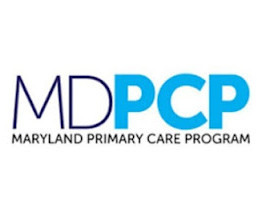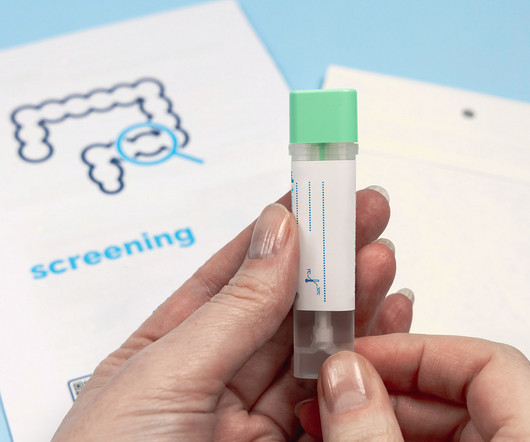Maryland's Primary Care Program: incremental progress or breakthrough?
The Health Policy Exchange
SEPTEMBER 2, 2020
With 476 participating primary care practices, MDPCP provides prospective, non-visit based payments known as "care management fees" and operational support from a program management office and Care Transformation Organizations (CTO). According to MedChi , the average practice received $176,000 in care management fees in 2019.













Let's personalize your content